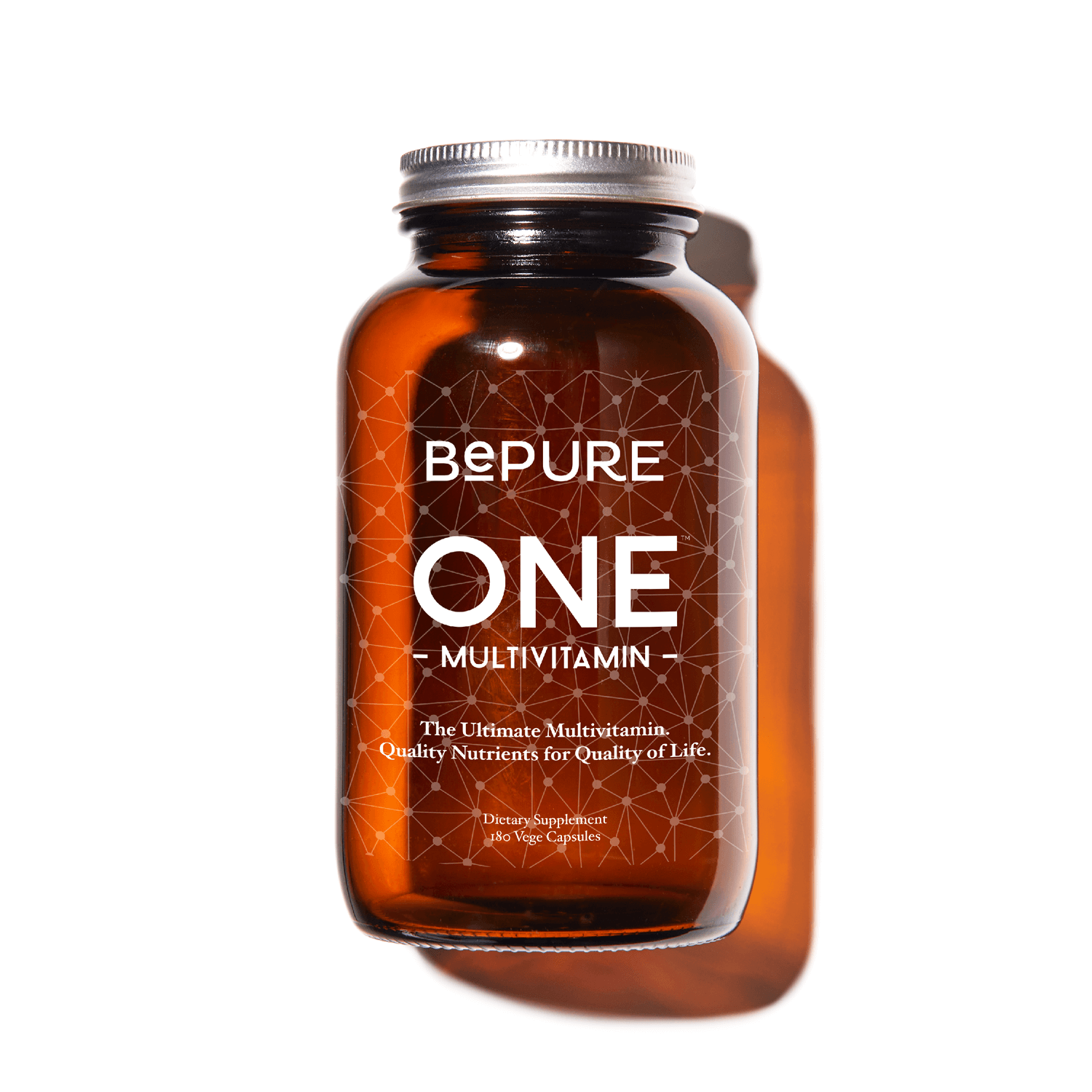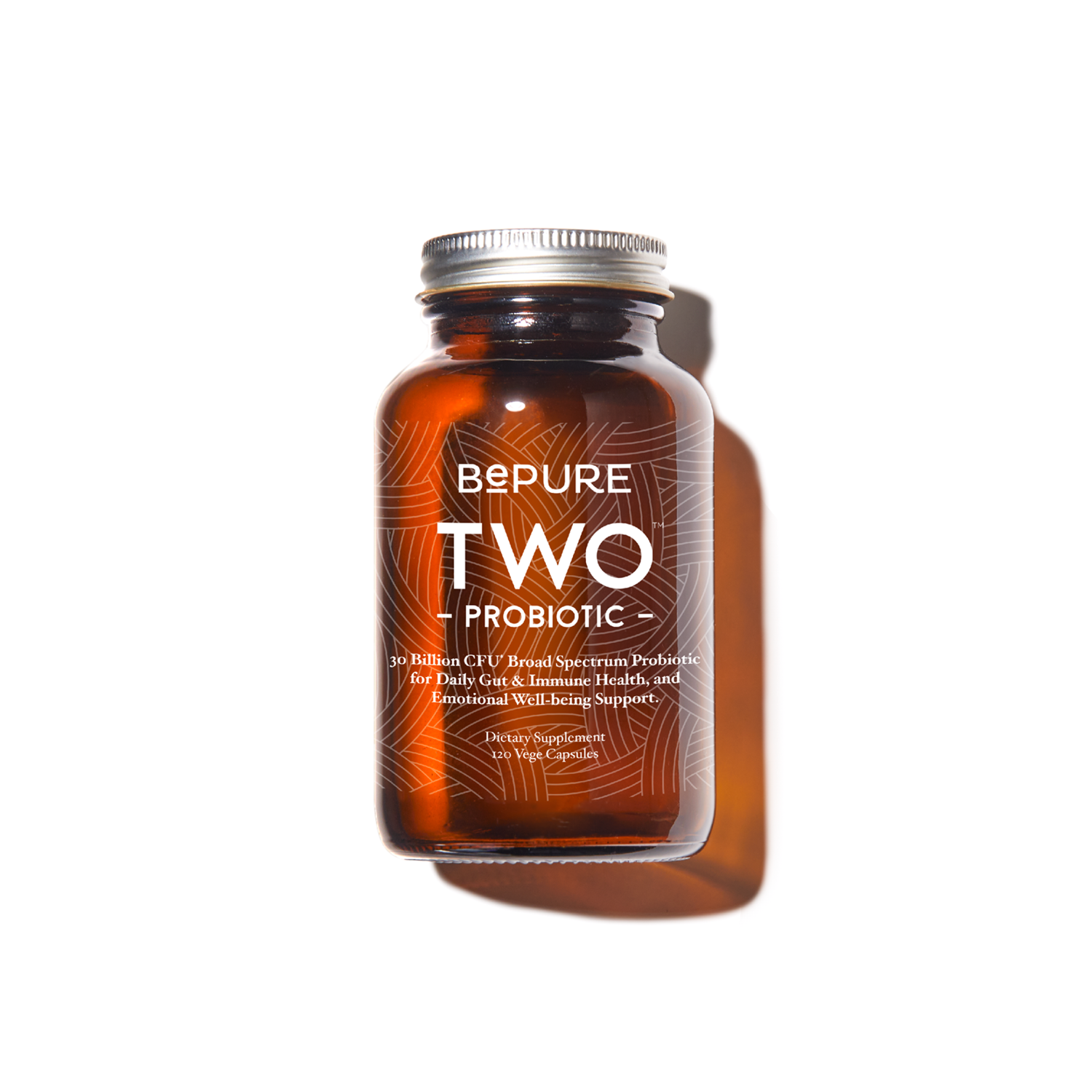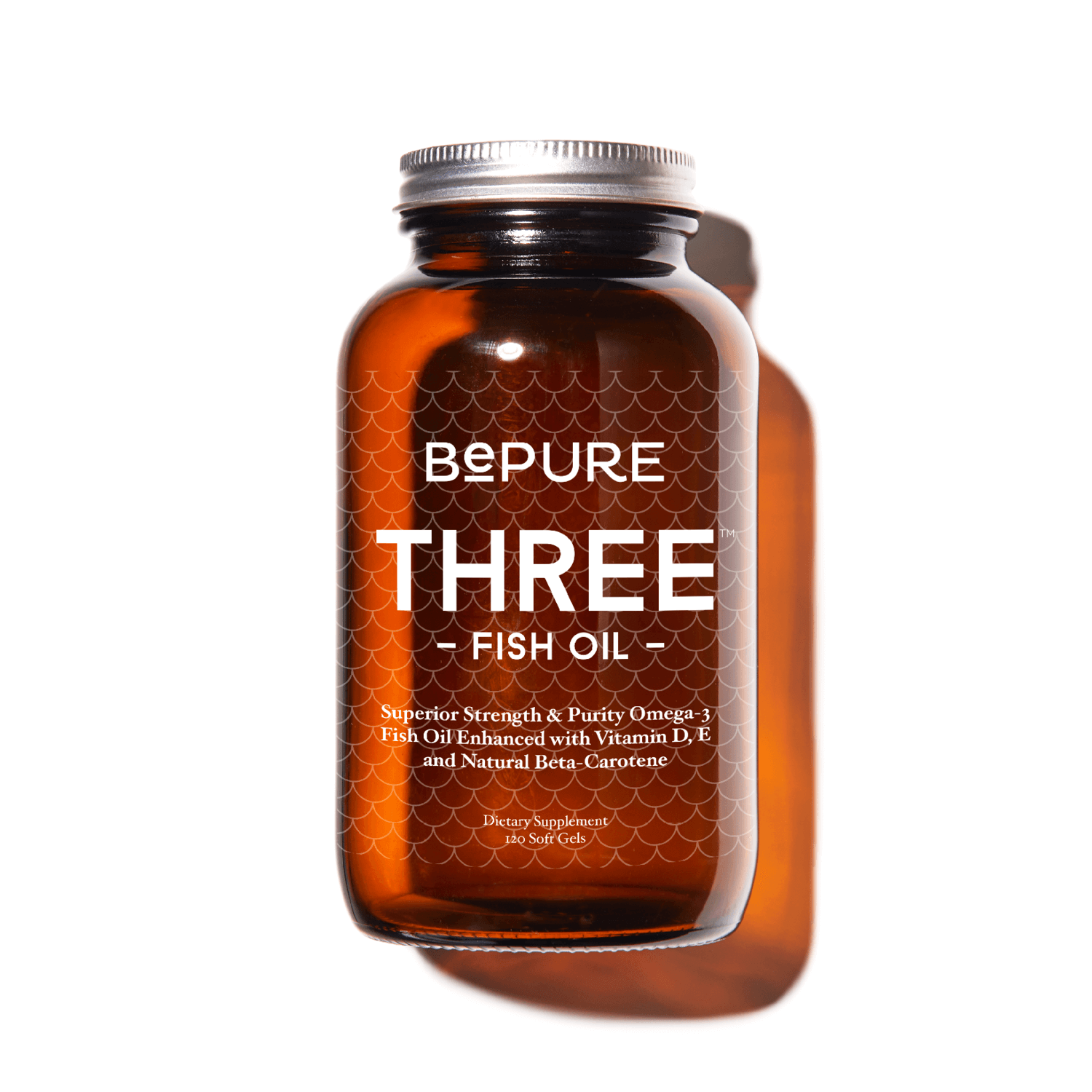There’s no doubt about it—the female hormonal system is incredibly complex.
However, the good news is, supporting its balance—both for fertility, and just wellness in general—can actually be quite simple (simple as opposed to easy... but definitely doable!)
Maybe you're trying for a baby at the moment.
Maybe babies aren't on your agenda just at the moment, or even ever.
Maybe you're in pursuit of hormonal balance, and a healthy, regular menstrual cycle.
Maybe you're feeling like 'something's not quite right' in your body.
Maybe you're a male wanting to get a better understanding of what's actually going on in the female body.
If you can see yourself mentioned above, you're in the right place—welcome! We're honoured to be supporting you on the incredible adventure presented to us by the female endocrine system.
But for now, let's start at with the basics…
What even are hormones?
Hormones are essentially powerful chemical messengers that operate within our body. There are just over 50 hormones, which control us physiologically and psychologically, directing us towards fulfilling our biological objectives and processes—reproducing, eating, sleeping and so on.
The two we'll be shining a spotlight on, are most prevalent in regulating the menstrual cycle—oestrogen and progesterone.
Progesterone
Progesterone maintains the lining of the uterus during the latter phase of the menstrual cycle, and during pregnancy.
As well as its role in regulating the physical aspect of the menstrual cycle, adequate progesterone levels also support our mental wellbeing.
Oestrogen
Our sensual hormone which has a vital role in fertility, libido, energy levels, and mood. Oestrogen repairs, thickens, and maintains the uterus lining.
When our hormones are balanced, the two work together in a perfectly choreographed dance. However, when one or both of them get some steps wrong along the way, our bodies let us know about it.
How do I know if my hormones are out of balance?
Our bodies are smart. It knows when something's not running as it should, and it won't be shy about letting you know—and it will keep nagging until it's back in alignment.
It's not all in your head. We're designed to feel good. When we don't, something is going wrong.
Approach discomfort with curiosity. Learning the unique language of our own body is one of the most valuable things we can do to look after ourselves.
These are some ways your body might communicate to you that something's not quite right, and your hormones thrown out of sync:
- Temperature dysregulation, like hot flashes or feeling cold all the time
- Feeling exhausted, no matter how much you sleep
- Heavy or painful periods
- Acne and other skin problems
- PMS
- Anxiety, depression, and mood swings
- Inability to lose weight
- Digestive issues
- Changes to hair, skin, and nails
- Inability to sleep
- Food cravings
Consistently tracking our menstrual cycle provides a really great window into our hormone status—both objective data like the length of our cycle, and subjective data like how we feel are valuable indications as to what our hormones are up to.
Here are two data points we can keep tabs on as key indicators as to whether our hormones are in balance or not so in balance
Length of Cycle. On average, a healthy, regular full cycle of four phases should last 28 days. Day 1 of the cycle is the first day of bleeding—even though the menstrual phase is the fourth and last phase! Confusing, we know. It makes more sense once you get into the swing of things.
Keep tabs on:
- How many days bleeding lasts for, and how heavy.
- How many days between periods/length of cycle
- Is your cycle the same length each time?
How You Feel
Is PMS a familiar term and experience for you?
Premenstrual Syndrome affects around 90% of women to some extent. While PMS is incredibly common, it’s actually not ‘normal’ or a necessary part of the cycle.
Bloating, low mood or mood swings, cravings, and skin breakouts in the days leading up to bleeding are a means of the body communicating ‘hormone levels not optimal’—primarily it will be indicating that progesterone levels are too low, or oestrogen levels are too high, or both at the same time.
While unpleasant, these typical PMS symptoms are your body’s way of communicating to you that things aren’t quite right.
Approach the discomfort with an attitude of curiosity, “what is my body trying to tell me?”
We recommend boosting low levels of progesterone with BePure Cycle Calm, and keeping your body clear excess oestrogen with BePure Skin Rescue.
But why might my hormones be out of balance?
Our bodies are unique, with different requirements for supporting wellness.
Even if everyone ate, slept, exercised, and worked in exactly the same way, we'd still all look and feel as different as we do now.
And because we do all live different lifestyles and not necessarily always ones most conducive to supporting optimal health—which is fine we are of the belief that looking after our health is important so that we can enjoy life, rather than life being primarily about pursuing good health—there will also be different reasons as to why our hormones are a little or way off path.
Our hormones respond to the way we live and eat.
Through our diet, lifestyle and exercise, we can either support our delicate hormone balance, or rock the boat, so to speak.
The female endocrine system is particularly sensitive to change. Its cycle has four distinctly different stages across approximately 28 days. The male endocrine system is more straightforward, with a hormonal cycle that lasts a day, and is repeated every single day.
Naturally Supporting Hormone Balance
As the old saying goes, “if you can’t beat ‘em, join ‘em.”
Fighting our hormones won’t get us anywhere. Hormones are in control—they will win every single time. To enjoy the perks of hormonal balance and feel at home in our skin, we need to work with our bodies, not against them.
Our bodies are our first homes. It's where we spend all of our time from the day we're born, until the day we day. And just like the 'house' homes we live in, they take regular maintenance, love, and attention to make and keep the space a nice place to be in.
We wipe the bench down after making food, we vacuum the floors, clean the bathroom, dust and mop. We put up curtains, and art on the walls. We get fun decor on late night Kmart trips to make our space one we enjoy being in.
Hormones play a significant role in governing how we feel and think. When they're out of balance, we can feel uncomfortable in our 'homes'—they feel cluttered, messy, sometimes even borderline uninhabitable.
Keeping our 'body homes' tidy and hospitable requires a similar approach, albeit with distinctly different maintenance requirements, of course.
When our bodies are a safe, and healthy home for ourselves, they’re a safe, and healthy home for nurturing a baby in, too.
Here are 7 simple ways we can nurture our homes, and support hormone balance.
- Manage stress levels
- Eat lots of hormone-loving nutrients
- Reduce environmental toxins
- Gently reduce sugar in your diet
- Eat to nourish your whole being
- Exercise and move in ways that best serve you
- Pursue quality, and adequate sleep
You might have noticed that some of the above don't deal directly with hormones…
Everything is interlinked. What's good for the body, is good for the mind. What's good for your hormones is good for your gut and so on.
Hormone balance and a regular, healthy cycle go hand in hand.
And both are important if you’re wanting to get pregnant now-ish, somewhere further down the track, and even if children aren’t in your plan.
Baby-making
Making and growing a baby is an incredible feat, of which hormones play a significant part.
Another key player is nutrients. It’s ideal for both players in our baby-making pair to stash up on nutrients between 3 months to 2 years before conceiving, as the health of males and females at the very point of conception influences the genetics of the baby.
Eating (and nourishing!) for two
Pregnancy is particularly nutrient-demanding time for a woman’s body. Naturally, the health and nutritional demands of the little one is prioritised over the mama’s, meaning that pregnant women can often end up nutrient depleted leading to fatigue, and exacerbate morning sickness.
During this time, high quantities of essential nutrients support both mama and her baby.
Not planning babies?
Remember earlier we mentioned that everything is interconnected?
Even if you’re not planning any babies soon or at all, a healthy, regular menstrual cycle and balanced hormones is integral for so many other aspects of our overall health and wellbeing.
- Healthy Bones
- Glowing hair, skin and nails
- Supporting our neurochemistry
- Preventing cardiovascular disease and breast cancer
- A feedback system that provides a window into
Beyond babies, there are plenty of reasons to nurture your hormones and cycle.
If knowledge is power. Then self knowledge must therefore be self-empowerment.
Wherever you are in your health and life journeys, hormone balance is always a desirable and beneficial component.
Understanding what’s going on with your hormones can support you in working with them rather than against them to support your body in being a happy, comfy home for yourself—and maybe even a baby too when the time comes!



